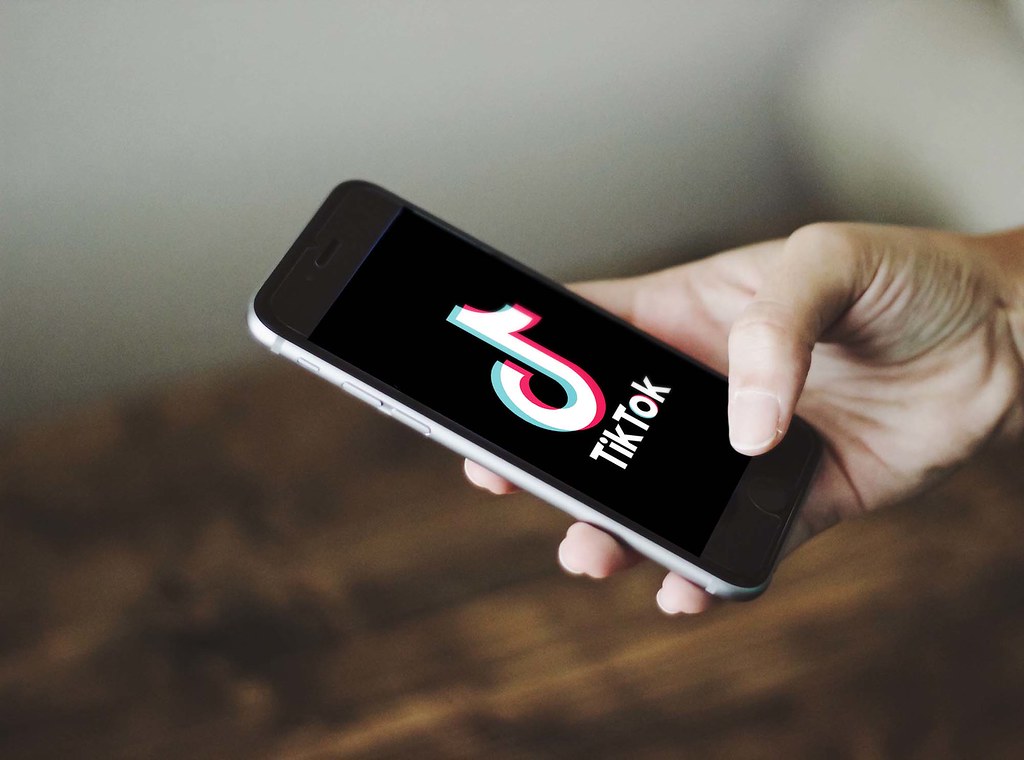TikTok Faces Lawsuit Over “Unsolicited Suicide Videos” Linked to Teen’s Suicide

In a highly charged lawsuit that spotlights the responsibilities of social media giants, the family of 16-year-old Chase Nasca is taking TikTok to court, claiming that the platform inundated him with disturbing “unwanted suicide videos,” leading to his tragic death in February 2022. The Nascas allege that TikTok’s algorithm is designed to amplify harmful content, including excessive clips advocating violence, self-harm, and suicide, while Chase was merely searching for light, uplifting videos as an honors student attempting to navigate the trials of teenage life.
According to the lawsuit filed in November, Chase’s parents, Dean and Michelle Nasca, argue that he exhibited no signs of depression until after he began using TikTok, where he was “involuntarily subjected” to severe and troubling content. They maintain that TikTok’s algorithm dictated his viewing experience, leading to an overwhelming exposure to distressing material, which they claim he could not escape. Notably, they assert that TikTok is aware of its users’ ages and mental health vulnerabilities, and yet continues to deliver content that exacerbates these risks.
In its defense, TikTok is pushing back, claiming First Amendment protections and arguing they cannot be held liable for third-party content or user behavior. They describe Chase’s death as a “tragedy,” emphasizing that the company takes the mental health of its users seriously, but maintain that it has no legal responsibility in this matter.
This lawsuit adds to a growing conversation about social media’s role in mental health crises among youth. Studies have shown that social media can negatively impact the mental well-being of teenagers, with increased exposure to harmful content linked to issues like anxiety and depression. With TikTok under the spotlight, this case could set a precedent regarding the responsibility of platforms to police content that may lead to adverse mental health outcomes for their young users.
As the legal battle unfolds, it raises critical questions about whether tech companies can be held accountable for the potential harm their platforms cause to vulnerable audiences, especially minors. Will TikTok adapt its algorithm to better protect its users from harmful content, or will this lawsuit only scratch the surface of a deeper issue in the social media landscape? Only time will tell as the case progresses, with public interest and scrutiny intensifying on the corporation’s practices.
Sources: Celebrity Storm Wire and People Magazine, CNN Health, The Guardian




